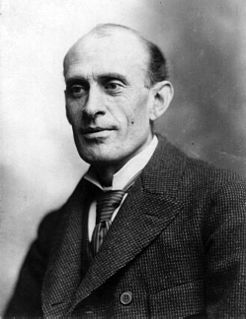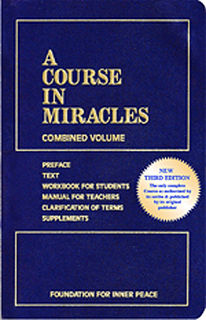A Quote by Eleanor Catton
In my experience, and that of a lot of other women writers, all of the questions coming at them from interviewers tend to be about how lucky they are to be where they are - about luck and identity and how the idea struck them.
Related Quotes
I have observed that male writers tend to get asked what they think and women what they feel," she says. "In my experience, and that of a lot of other women writers, all of the questions coming at them from interviewers tend to be about how lucky they are to be where they are – about luck and identity and how the idea struck them. The interviews much more seldom engage with the woman as a serious thinker, a philosopher, as a person with preoccupations that are going to sustain them for their lifetime.
I've always loved strong women, which is lucky for me because once you're over about twenty-five there is no other kind. Women blow my mind. The stuff that routinely gets done to them would make most men curl up and die, but women turn to steel and keep on coming. Any man who claims he's not into strong women is fooling himself mindless; he's into strong women who know how to pout prettily and put on baby voices, and who will end up keeping his balls in her makeup bags.
..few writers like other writers' works. The only time they like them is when they are dead or if they have been for a long time. Writers only like to sniff their own turds. I am one of those. I don't even like to talk to writers, look at them or worse, listen to them. And the worst is to drink with them, they slobber all over themselves, really look piteous, look like they are searching for the wing of the mother. I'd rather think about death than about other writers. Far more pleasant.
The way you will experience and feel about yourself is not determined by how other people look and feel about you. The way that you will experience and feel about yourself is actually determined by how YOU look at and think about THEM. Whatever we think about others is really like sending a message about ourselves to our self.
Even in decision-making, we work in self-help groups. That is women coming together in small groups of 10 to sometimes 15 women, where they start to get education about their rights, about clean water and sanitation, about how to have a healthy birth. You can bring in all kinds of education to them that way.
There's a bigger question again about how to do prevention. It's not simply about putting out the early warning. The early warning was put out on Abyei; everybody knew that this was coming. This was intentional, and still it happened. So this idea that we fail to stop these things because there's not awareness about them, or that we need better early warning information, I'm increasingly skeptical of. I think it's about how you move that information into the policy process.





































